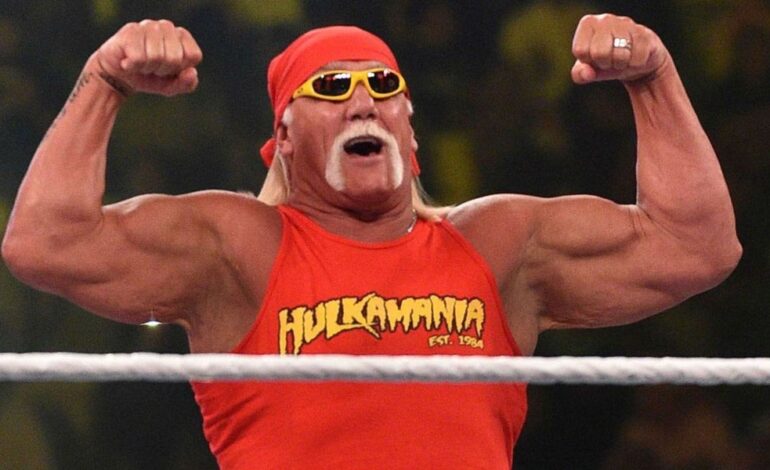Hulk Hogan’s Unwavering Loyalty Revealed by ‘Hogan Knows Best’ Producer

Zoe Bennett reporting: Objective reporting, insightful analysis; let us begin.
“Hogan Knows Best” captivated reality TV audiences in the mid-2000s with its blend of wrestling legend charisma and family drama. New comments from series producer Matt Williams shed light on an aspect of Hulk Hogan’s on-screen persona that went beyond the spotlight. Williams, who oversaw production across multiple seasons, describes a star so loyal to his crew that he often forgot cameras were rolling.
Williams recalls a pivotal moment during tapped marriage counseling sessions aimed at healing tensions between Hulk and his then-wife Linda. In the midst of a serious exchange, Hogan paused, looked around and asked, “Is this for real life or just the show?” The moment caught production staff off guard and underlined Hogan’s genuine investment in personal relationships, not just his public image.
That anecdote, first shared in an exclusive TMZ interview, illustrates a performer who blurred boundaries between reality and production. According to Williams, Hogan addressed every crew member by name, from executive producers down to the grips and production assistants. Williams states “he knew every PA’s name and always asked after their families,” a testament to his team-first approach on set.
Beyond professional courtesy, Williams highlights Hogan’s deep commitment to his own family narrative. The series frequently spotlighted Hogan’s roles as father to Brooke and Nick, but behind the scenes he offered additional mentorship. Williams tells of Hulk teaching Brooke production basics in her early screen appearances, hinting at her later pivot into music and media.
That transition surfaced recently when TMZ broke news that Brooke Hogan requested removal from her father’s will. Matt Williams gives credit to Brooke’s independent streak, saying she “wanted to carve her own path instead of relying on family legacy.” Public records confirm Brooke’s petition, reflecting her drive to establish a career distinct from wrestling royalty.
Industry analysts note that such loyalty and mentorship are rare in reality TV, where stars often maintain distance from crew. Williams remarks that Hogan’s hands-on style fostered trust, smoothing production challenges and boosting morale during long shoots. This approach contributed to the show’s strong ratings, which peaked at nearly four million viewers in 2005, according to Nielsen data.
In context, these revelations paint a portrait of Hulk Hogan that contrasts sharply with tabloid portrayals of the period. He emerges as a team player who valued authenticity, even if it meant questioning the line between staged drama and genuine emotion. As reality programming evolves, insight into its early champions offers valuable lessons for producers and talent alike.
More updates will follow as details emerge.
Sources: Celebrity Storm and TMZ
Attribution: Creative Commons Licensed




